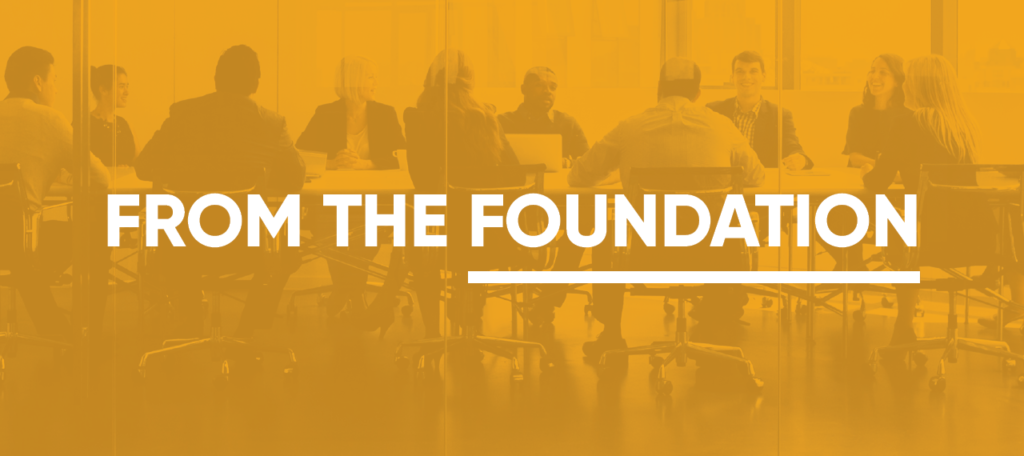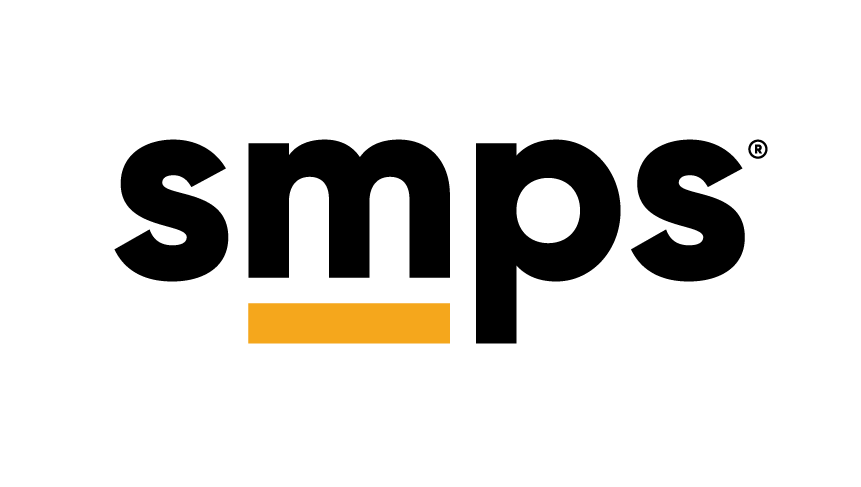
Key insights and ideas from SMPS Webinar Revolutionizing AEC: Unleashing the Power of AI in AEC Marketing
You’ve likely heard the whispers or wondered to yourself: Is ChatGPT going to replace marketing professionals? What does Artificial Intelligence (AI) mean for the A/E/C industry? Where do I start? Just breathe, they say. Yet, AI is perhaps one of the most compelling and advanced tools today’s marketers and business developers have ever seen. It’s easy to become overwhelmed with the idea that intelligent software can create compelling content for our firms.
SMPS is having critical conversations about next-generation issues, and AI is a leading topic of interest. For example, the SMPS Foundation recently sponsored a thought-provoking webinar featuring four thought leaders who spoke candidly about AI and provided guidance to help us develop strategies and tactics to address this far-reaching technology. Panelists included Kristin Kautz (JAM Idea Agency), Greg Ross-Munro (Sourcetoad), Thiago da Costa (Toric), and Brent Britton (CoreX Legal). The session was moderated by Troy Parkinson (SagePresence) and co-sponsored by ProjectMark.
The panelists discussed three themes:
- Learning about AI and how it can be used in the A/E/C industry
- Challenges and ethics of AI, including copyright usage
- A look toward the future and AI impacts on the AEC industry
“AI is a broad term that encompasses a lot of technologies from machine learning to Chat GPT,” said Ross-Munro. While machine learning requires a lot of data, applications like ChatGPT have gathered information from scouring the internet for many years.
“With the huge amounts of data that are being searched and sorted, the responses seem like a human came up with them. That’s the way our brains work, and that is the whole idea behind AI,” he says.
Kautz provides practical insights about how marketers can approach AI strategies without becoming overwhelmed. “This is a big topic, and it doesn’t just impact marketing today. It’s going to impact everyone in your firm.” she says. Her advice is critical: “Take this information to your leadership. If your firms are not having this conversation, you start that discussion. You should be the one who brings this to your leadership so you can lead the way. Talk about it before anybody else.”
Will clients recognize artificially generated content?
“I don’t know any clients who have enough time to evaluate if content is written by AI,” says Ross-Munro. “Clients are not there yet. But again, I would never pull anything out of ChatGPT and give it to a client or put it on my website verbatim. You take the time to tailor it.”
As for copyrights, Britton is an expert in analyzing legal issues that firms should consider when using AI. “It depends on what Application Programming Interface (API) you are using and how you are using it. In general, everything you type into the API is disclosed to the public, which could be the people who own and operate the API; this could be a violation of a nondisclosure agreement that you’ve signed. In general, don’t take your confidential client RFP and use ChatGPT to write the response because you may be violating your nondisclosure,” he says.
“Another issue is that AI is based on copying everything else,” says Britton. Whatever the AI has been trained on may be protected by copyright, which means everything it produces is potentially a copyright infringement because the AI has access to the source. In many cases, the result is substantially similar to the original body of work. This can be problematic with generative AI programs that create artwork, paintings, photographs, and code.
“So, not only do you not own everything you produce by AI, but you can also be sued if it’s too close to the content it was based on,” he says. His advice: tread lightly and consult with competent legal counsel if you have any concerns.
What are today’s firms doing with AI?
According to Kautz, it’s not just marketing; some firms have IT staff involved in modeling and other technical AI uses. “You should assume that you have coworkers using AI technology on their own, and leadership doesn’t know about it. Those employees are talking to other employees and early adopters. They might be naively playing around with AI and don’t understand the potential consequences. We need to provide training for employees who use those tools because no oversight is a problem that some firms are encountering.”
“If you’re using AI, please tell your manager,” she says. “It’s important to know what tools you’re using so there is awareness. And then, understand there’s a legal risk for your firm or client with using sensitive or confidential information.”
For those who wish to start the conversation within your firm, purchase the Society’s webinar recording to better understand the key ingredients for using AI as a viable business tool.
Now is the time to embrace what will likely become one of the most impactful advances in our industry in the next few years. Being at the forefront of meaningful discussions like AI is essential to transform business through marketing leadership.
Article written by SMPS Foundation President Barbara Shuck, FSMPS, CPSM, and SMPS Foundation Trustee Andrea Goodwin, FSMPS, CPSM.







